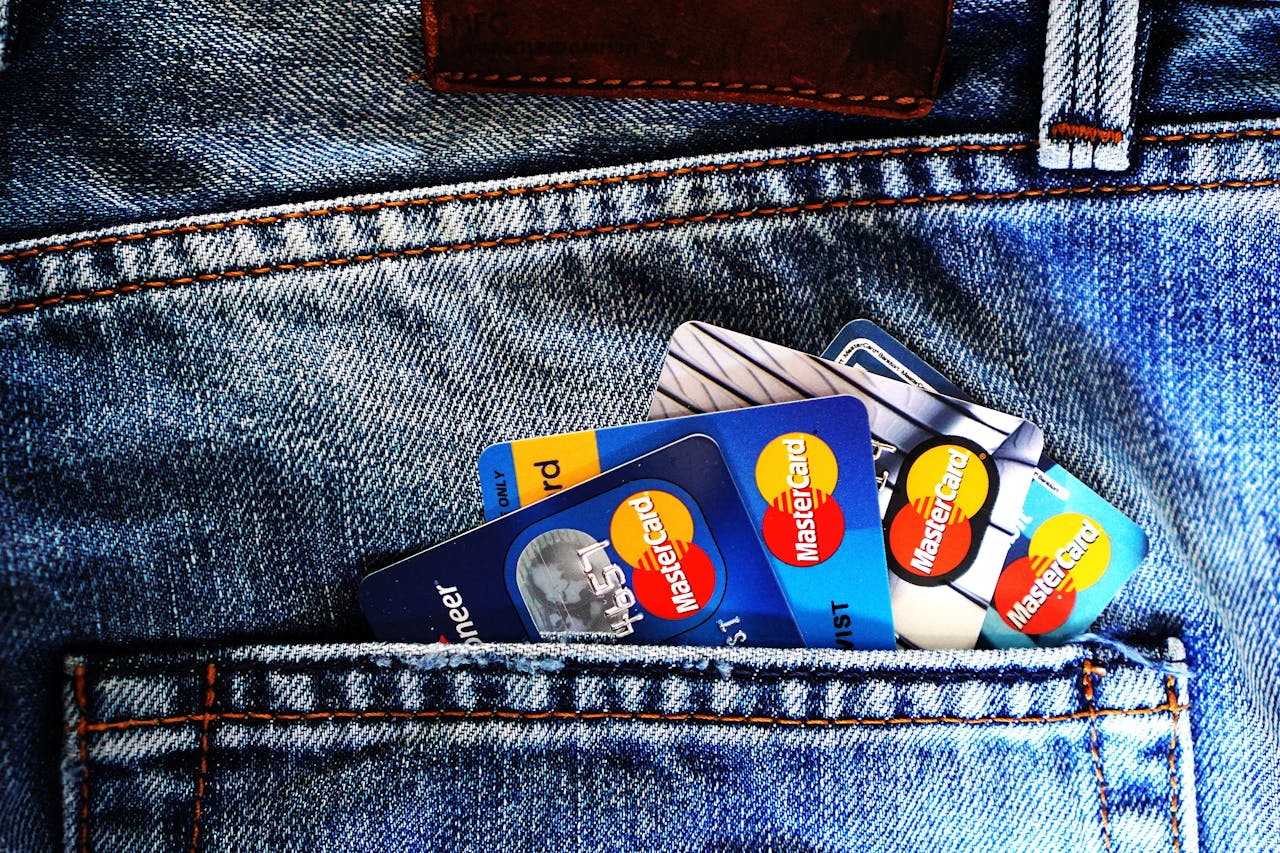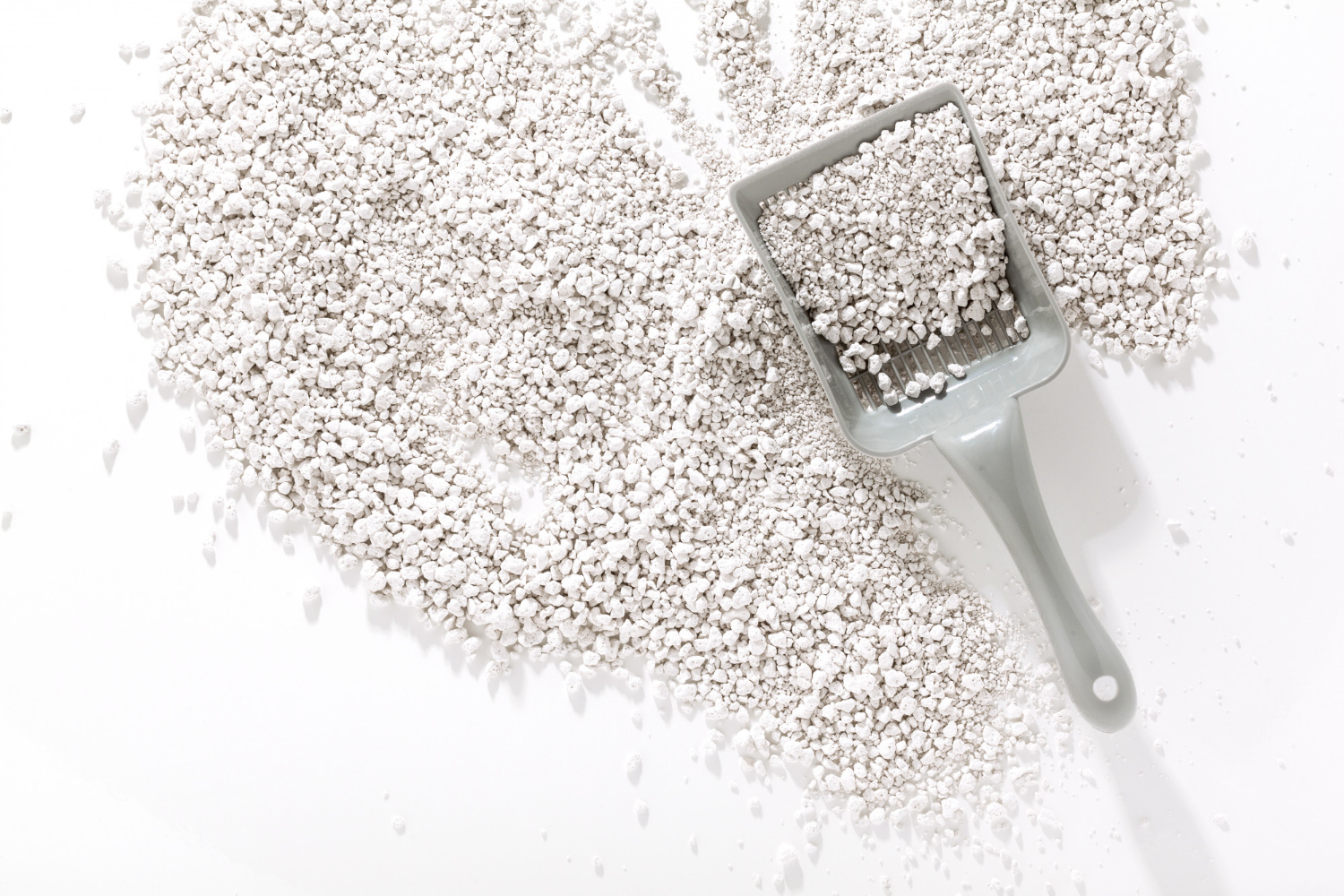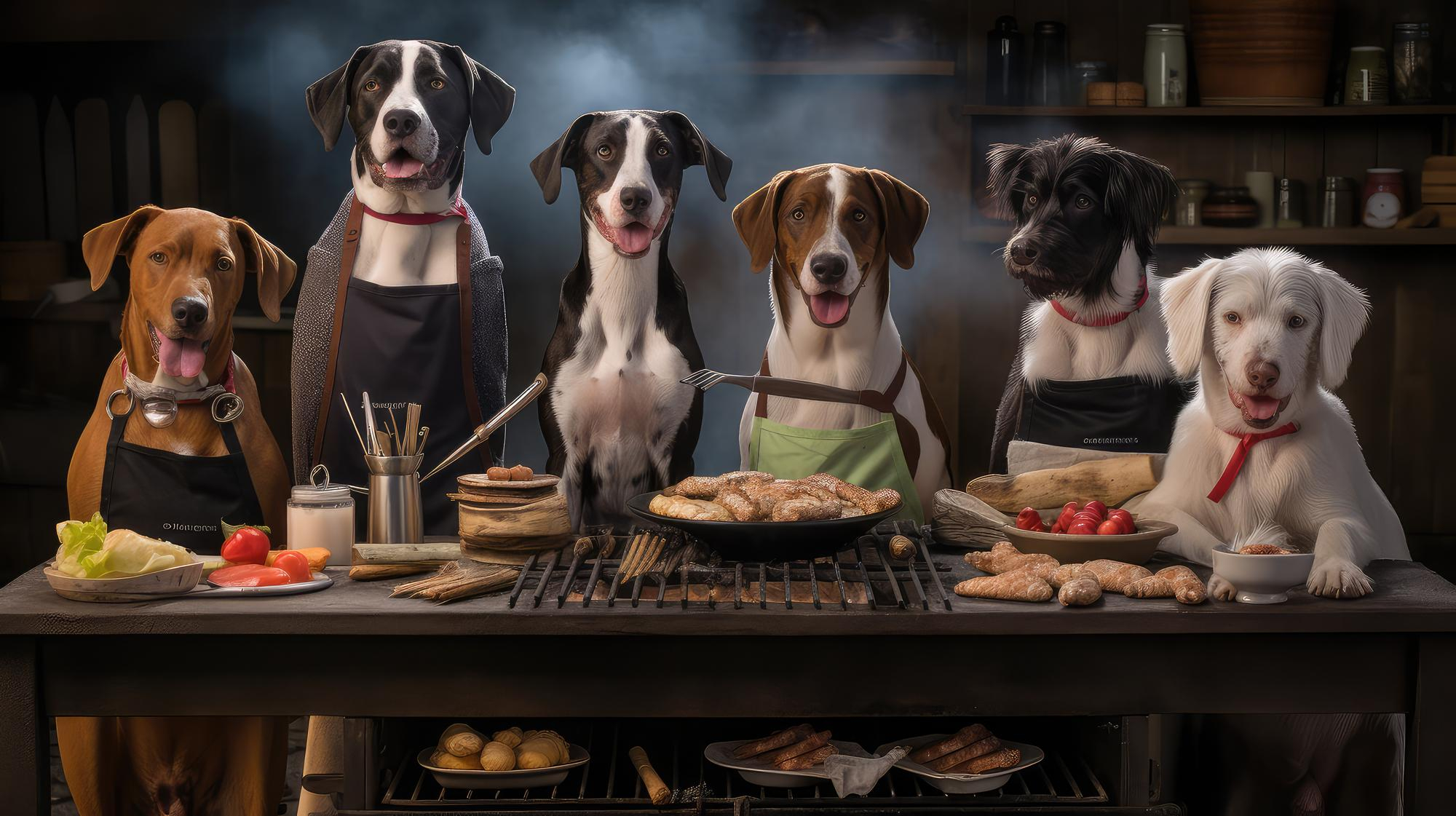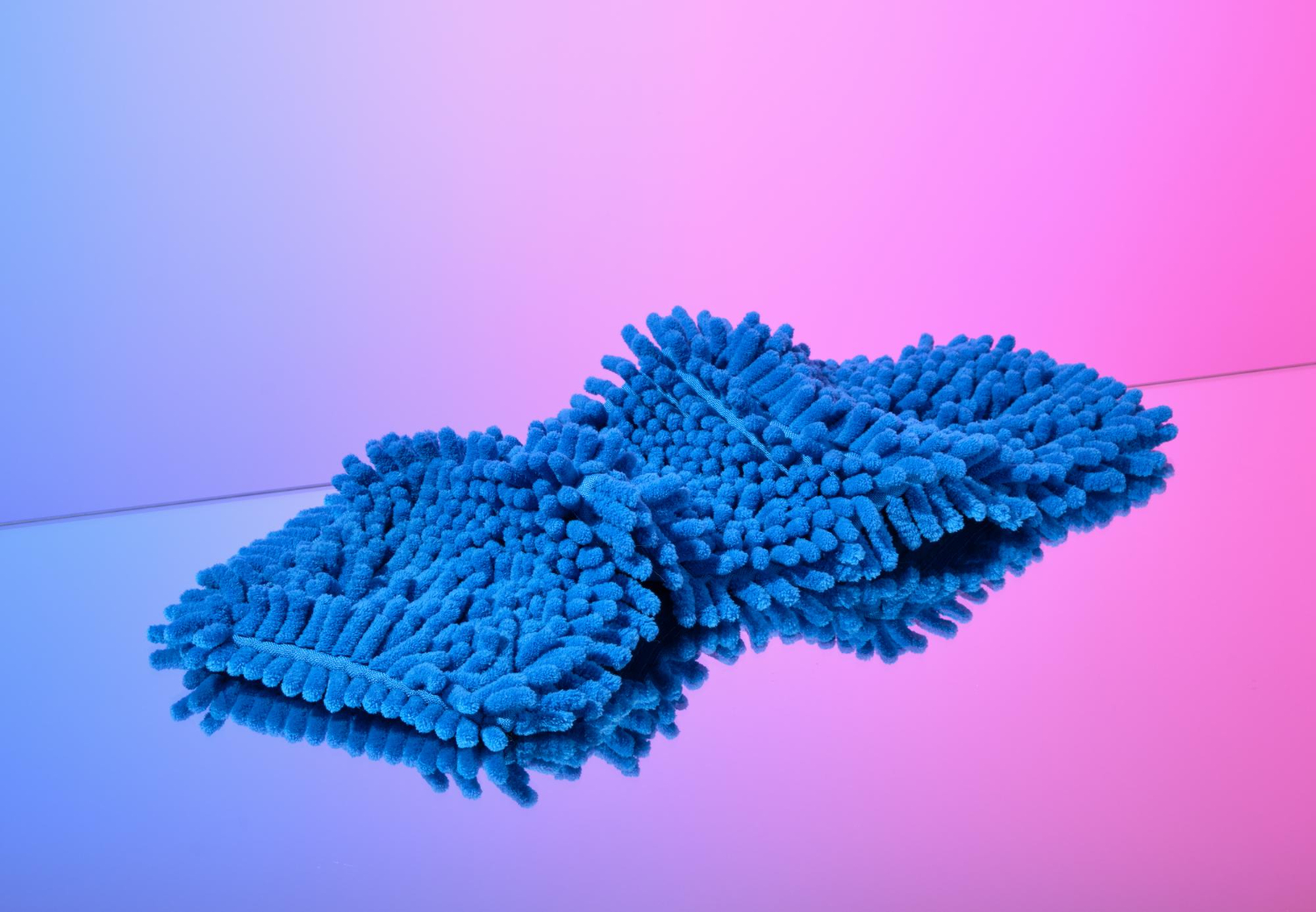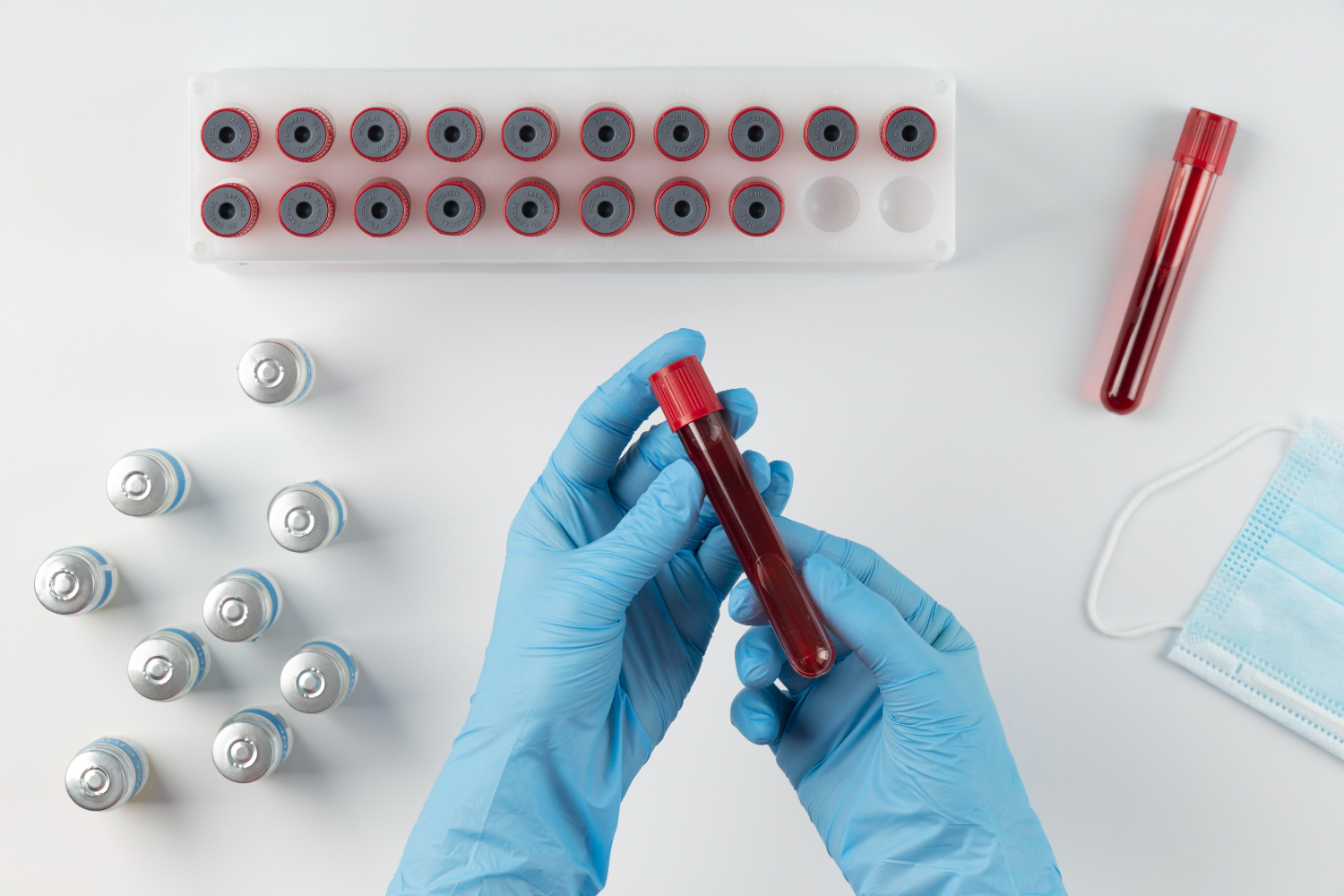Dog chews have become increasingly popular in recent years as a way to keep dogs entertained, promote dental health, and satisfy their natural instinct to chew. However, with so many options on the market, it can be challenging to determine which ones are safe for your dog.
In this blog post, we’ll focus on three popular types of dog chews—Dentley’s, Himalayan, and Collagen. These brands offer a variety of shapes and flavors that appeal to different breeds and sizes of dogs. But what exactly goes into these chews? And are they
Are Himalayan Dog Chews Safe?
What are Himalayan Dog Chews?
Himalayan dog chews, also known as yak chews, originate from the Himalayan regions of Nepal and Tibet. These chews are made by boiling yak and cow milk and then drying the resulting mixture for several weeks. The hard texture of these chews makes them long-lasting, which is a big plus for dogs who love to chew.
Ingredients Used in Himalayan Dog Chews
The primary ingredients in Himalayan dog chews are yak milk, cow milk, salt, and lime juice. These natural ingredients are free from artificial preservatives, colors, and flavors, making them a healthier option compared to many commercial dog treats. The simplicity of the ingredient list is appealing to pet owners looking for natural options.
Potential Risks and Concerns
While Himalayan dog chews are generally safe, there are a few potential risks to consider. First, their hardness can be a double-edged sword. While it makes them long-lasting, it can also pose a risk of dental fractures, especially in aggressive chewers. Additionally, small pieces can break off, posing a choking hazard. Always supervise your dog while they’re enjoying a Himalayan chew to mitigate these risks.
Are Dentley’s Dog Chews Safe?
Overview of Dentley’s Dog Chews Brand
Dentley’s is a well-known brand in the pet industry, offering a wide range of dog chews and treats. They have a reputation for producing high-quality products that cater to various chewing preferences and dietary needs. But how safe are these chews for your dog?
Types of Treats Offered by Dentley’s
Dentley’s offers a variety of chews, including rawhide bones, pork hide twists, and dental sticks. Each type is designed to meet different chewing needs and preferences. For instance, their dental sticks aim to promote oral health by reducing plaque and tartar buildup.
Safety Measures Taken by the Company
Dentley’s takes several safety measures to ensure the quality of their products. They use rigorous testing and quality control processes to ensure their chews are free from harmful contaminants. However, rawhide chews, in general, have been linked to digestive issues and blockages, so it’s crucial to monitor your dog closely when giving them Dentley’s rawhide products.
Are Collagen Dog Chews Safe?
Understanding Collagen Dog Chews
Collagen dog chews are a newer addition to the market, gaining popularity due to their potential health benefits. These chews are made from the inner layer of cow skin, known as the dermis, which is rich in collagen. Collagen is a protein that supports joint, skin, and coat health, making these chews a multifunctional treat.
Benefits of Collagen for Dogs
Collagen dog chews offer several health benefits. They can improve joint health by promoting cartilage repair and reducing inflammation. Additionally, collagen supports skin elasticity and coat health, making your dog’s fur shinier and healthier. These chews are also easier to digest compared to traditional rawhide, reducing the risk of digestive issues.
Potential Safety Concerns
While collagen dog chews are generally safe, there are a few concerns to keep in mind. Overconsumption can lead to digestive upset, so it’s essential to moderate your dog’s intake. Additionally, as with any chew, there is a risk of choking or blockages, so supervision is crucial.
Comparison Between the Three Types of Dog Chews
Nutritional Value and Ingredients Comparison
When comparing Himalayan, Dentley’s, and Collagen dog chews, each type has its unique nutritional profile. Himalayan chews are high in protein and low in fat, making them a healthy option. Dentley’s chews vary widely depending on the type but often include added vitamins and minerals. Collagen chews offer the added benefit of supporting joint and skin health due to their high collagen content.
Safety Precautions Taken by Manufacturers
All three brands take various safety measures to ensure their products are safe for dogs. Himalayan chews are made from natural ingredients and undergo a lengthy drying process. Dentley’s employs rigorous testing and quality control, while collagen chews are often easier to digest and pose fewer risks of blockages compared to rawhide.
Tips for Ensuring Safe Consumption of Dog Chews
Choosing High-Quality Brands
Always opt for reputable brands that prioritize quality and safety. Look for products that are free from artificial additives and preservatives. Brands that undergo third-party testing offer an added layer of assurance.
Checking Labels and Ingredients
Read labels carefully to understand what you’re giving your dog. Avoid chews with artificial additives, preservatives, or ingredients that your dog may be allergic to. Natural and minimally processed options are generally safer and healthier.
Supervising Chew Time
Supervision is crucial when giving your dog any type of chew. Monitor them to ensure they aren’t breaking off large pieces that could pose a choking hazard. If a chew becomes too small, take it away to prevent accidental ingestion.
Conclusion
In summary, Dentley’s, Himalayan, and Collagen dog chews each offer unique benefits and potential risks. While Himalayan chews are natural and long-lasting, their hardness can pose dental risks. Dentley’s provides a variety of options, but rawhide products require close monitoring. Collagen chews support overall health but should be moderated to avoid digestive issues.
By choosing high-quality brands, checking ingredients, and supervising your dog’s chew time, you can ensure they enjoy these treats safely. Remember, every dog is different, so pay attention to how your pet reacts to each type of chew.
